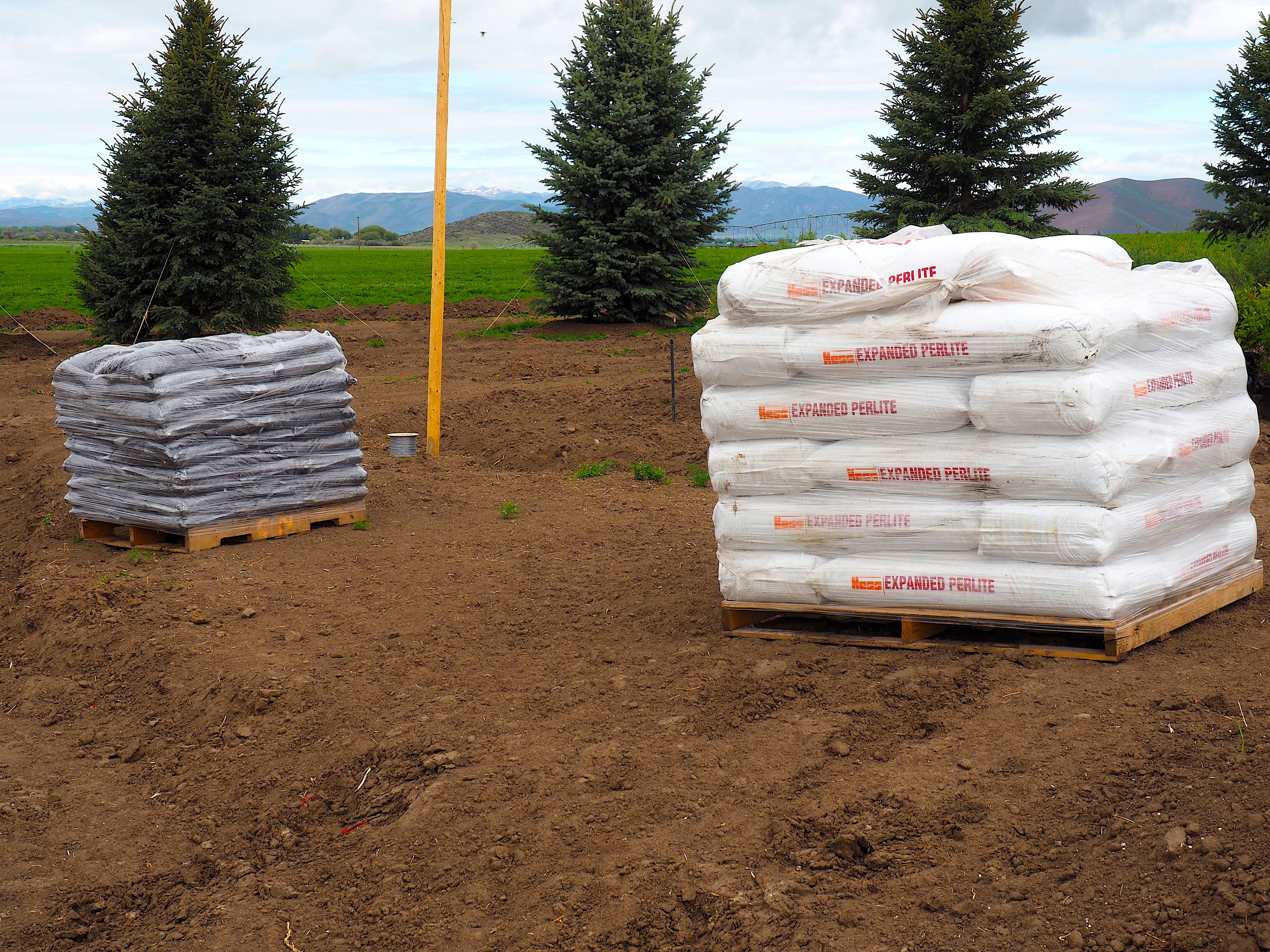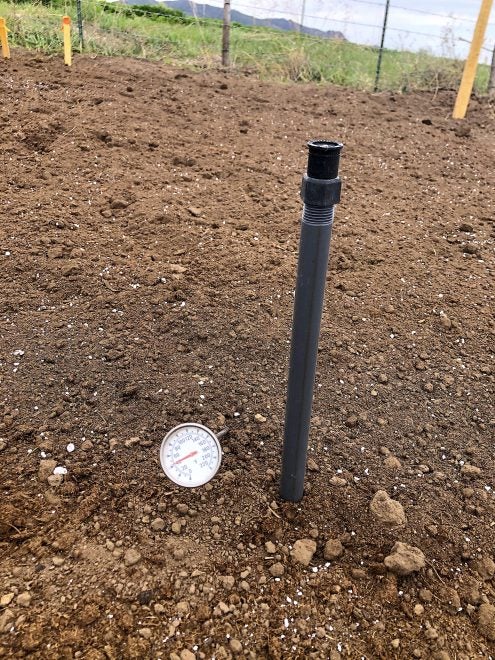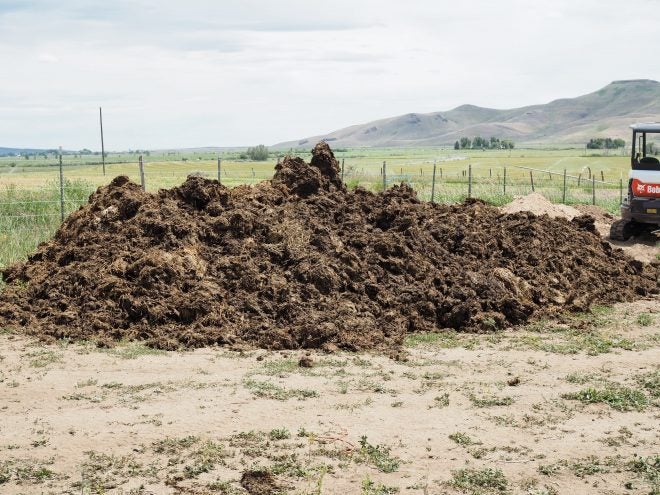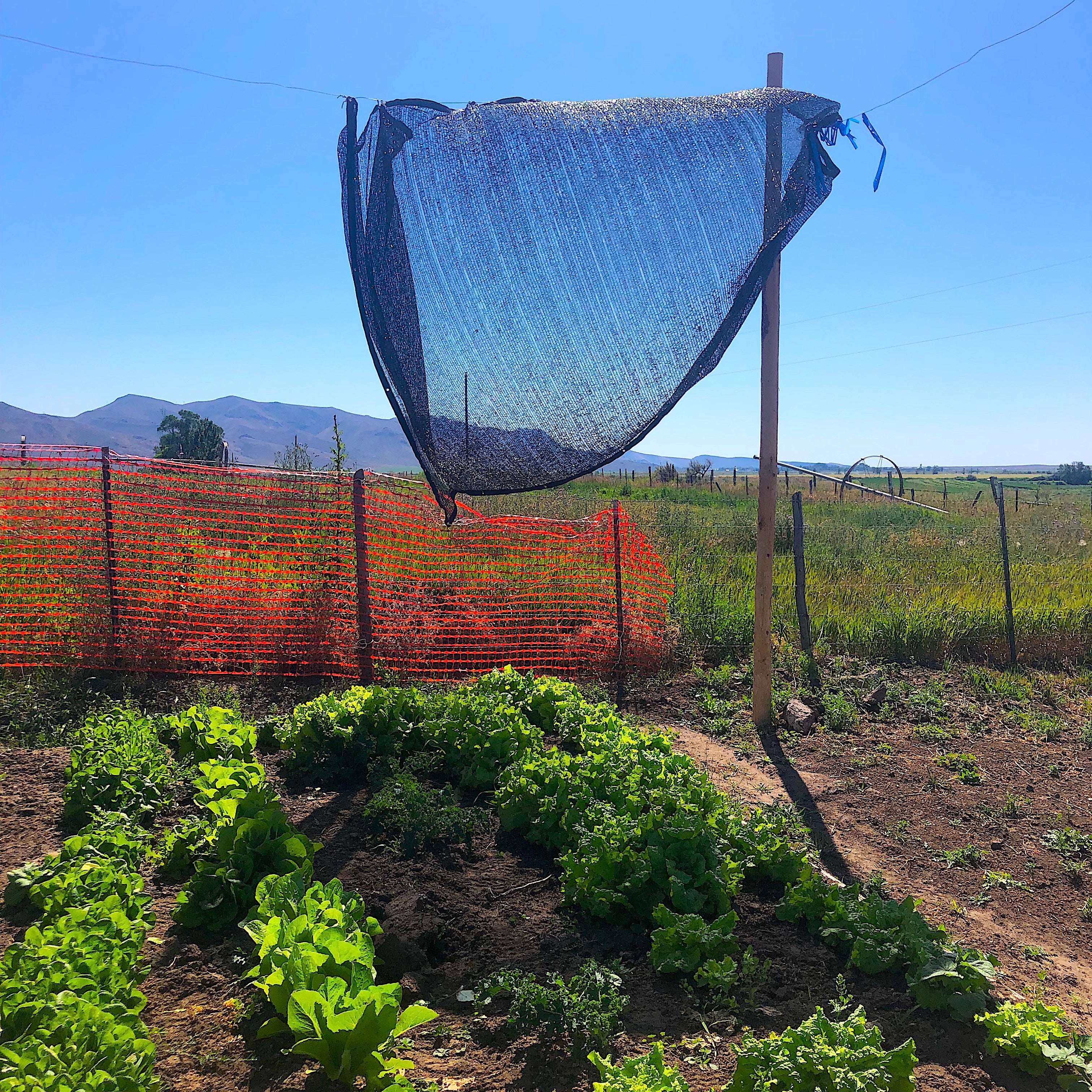Home On The Range #004: Easy-to-Use Soil Additives That are Easy on Your Wallet
RusDs 08.21.20

Welcome to our reoccurring series of “Home on the Range.” Here, we would like to share all of our experiences for those who may be homesteading, living off the land, hunting, farming, ranching, and truly investing in nature and the great outdoors. The ability to provide for yourself and your family can be tremendously rewarding and simultaneously difficult at times. So, in “Home on the Range” we want to share our different exploits so you can learn and hopefully we can receive your feedback along the way as well.
Enrich your soil without making yourself poor
You’ve got your land, and your soil is what it is, right? Not quite. One can dramatically improve the quality of one’s soil without breaking the bank. There’s nothing like a good agricultural education or field experience in farming to understand better what soil needs. In the course of this article, however, we will take a quick look at some low-cost additives and techniques that can be used to improve soil without constant tilling, expensive chemicals, or harsh fertilizers. To those of you with a solid ag background, this might seem like kindergarten stuff, but to those of you just starting out, these are some cheap and easy ways to get those yields up.
Option #1: Hold that water!

One of the best ways to improve your soil is to increase its moisture retention and reduce/prevent compaction. Better aeration is not only beneficial to the plants, it is beneficial to the microorganisms that enhance root health. Perlite is a naturally occurring compound found in volcanic areas. Technically “an amorphous volcanic glass,” it is formed by the hydration of obsidian. When it is reheated to around 850 degrees Fahrenheit, the perlite expands and greatly increases roughly 10 times in volume, resulting in expanded perlite. Expanded perlite is also rather cheap, being mined/produced in the United States. An 8-quart bag runs around $20 as of the writing of this article. Expanded perlite has the following qualities when used as a native soil additive:
- Reduces compaction
- Greatly enhances moisture retention due to its surface hydrophilic qualities
- Enhances drainage due to excess rainfall by enhancing friability of the soil
- Insulates soil and protects vegetation against rapid soil temperature swings.
Note: Expanded perlite does contain silicon dioxide, so one should wear a mask when handling a lot of it. I would especially consider expanded perlite use in thick, clay-type soil to make for a softer, better-aerated soil for planting.
Option #2: #2

That’s not a typo, I’m referring to manure. Your (or your neighbor’s) chicken coop or cow pasture is one of the best sources of soil enrichment. It’s as cheap as free in some cases, and by mucking out and reusing manure, it’s a win-win situation. I’ve exclusively fertilized with local manure, and some of my produce currently yields more than I can handle. Cow manure can be used pretty much straightaway, but chicken manure should be composted first to reduce nitrogen damage (burn) to plants, and to kill any harmful bacteria through the heat generated by the composting process.
Option #3: Fire up the bbq and light up the fire pit!
The coals made by one’s campfire and the blackened remnants from your bbq grill or smoker (assuming you use wood) have a fancy name: “Biochar.” Granted, your fire pit is not going to create perfect pyrolysis, but it should work well enough to enrich your soil. All you have to do is grind up the cold coals into small pieces and mix them into your soil (again, the use of a mask to protect your lungs is recommended when doing so). If one’s soil is acidic, this can be especially beneficial by increasing the pH. Adding biochar to soil also helps with moisture retention and is a beneficial environment for soil microorganisms.
Go get dirty
Now that we’ve covered the groundwork on cheap and easy soil additives, make sure to take the time to learn what kind of soil you have, and which techniques will work well for you. What works in the high desert of the west may not be the best choice for the rocky soils of New England or the clay soils of Georgia.
